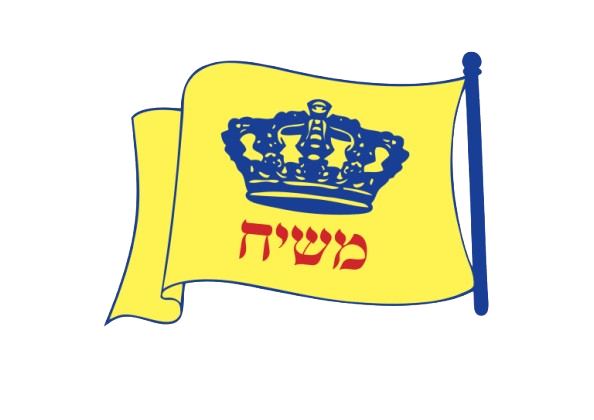In this week’s Parsha, Tetzaveh, a seemingly curious occurrence takes place: Moses’ name is conspicuously absent. Why is his name omitted?
When G‑d informed Moses of the people’s sin, Moses began to defend the people fiercely, passionately taking up their case. “Listen, let Me destroy these people,” suggested G‑d. Let Me create a new nation out of you. Your descendants will be the new Jewish people.
But what did Moses do? He flatly rejected the proposition. He said, “G‑d, I refuse to be part of this operation unless You forgive the people. If You do not forgive them, erase me from Your entire book, the book of Torah!” Although G‑d ultimately forgave the people, the impact of Moses’ words remained. Somewhere in the Torah, his name would be erased as a consequence of his unwavering commitment to the people.
This is true leadership! The leader is not thinking about his own benefit at all! He only thinks of the people’s benefit. The world tends to think that the Gaza war is something local. This war is against the core of belief, the very essence of the Jewish people, and divine justice. This is not a territorial debate. The war is against the place of the Holy Temple, or, as the enemy calls it, the Al-Aqsa Flood. Just before the third Holy Temple is about to be rebuilt by Moshiach, evil forces are trying to delay it by all means. This is the core of the international conflict that is happening today.
Moses—the greatest teacher who ever lived—gives us an example in the message of Tetzaveh. The one parashah that omits his name gives us an example of what a leader should look like. May we all welcome the era of true redemption, and may it happen speedily in our days.
*This is from a series of articles by Rabbi Bernstein Moshe.
Rabbi Bernstein Mosheの記事翻訳シリーズです。今回は今週のパラシャ―、パラシャット・テツァベに関してです。




